The Danger of Password Sharing Risks and Alternatives

Did you know that 65% of internet users admit to sharing their passwords with others? This shocking statistic highlights the widespread practice of password sharing and the potential risks associated with it.
Our personal information is at risk of being stolen. It’s crucial to understand why sharing passwords is dangerous. We also need to find secure ways to protect our online identities.
In this article, we will look at the shared complex password risks. We will discuss why people share passwords. Finally, we will explore safer alternatives to keep our accounts and personal data secure.
Overview of the risks and implications of openly sharing passwords
Sharing passwords may seem harmless at first, but the risks and implications can be far-reaching. One of the main risks is that someone we know, like a friend or family member, could take over our account. This is especially true if the relationship goes bad. This can lead to unauthorized access to our personal information, financial accounts, and even social media profiles.
Additionally, if any of the accounts with a shared password are hacked, our personal data and sensitive information may be exposed. This puts us at risk of identity theft and other cybercrimes. Sharing login details and account sharing can make this risk even higher.
Moreover, sharing passwords can make us vulnerable to abuse and copying. Imagine if someone maliciously uses our accounts for spamming, illegal activities, or spreading incorrect information. This can damage our reputation and lead to legal consequences. We could be held responsible for any illicit activities conducted through our accounts.
Therefore, it is essential to consider the potential risks and implications before engaging in password sharing.
Risks of Password Sharing
Account hijacking by a “friend”/cybercriminal if the relationship sours
One of the big dangers of password sharing is account hijacking, especially if our relationship with the person we shared the password with goes bad. Even though we trust our friends and family, disagreements can happen, leading to misuse of our accounts.
In some cases, individuals may act out of revenge or seek financial gain by accessing their personal information. It is crucial to be cautious. And consider the potential consequences before sharing passwords with anyone.
Exposure of your personal information and data if accounts hacked
When we share passwords, we are essentially granting access to our accounts and the personal information contained within them. If accounts with shared passwords are hacked, our personal data could be exposed to cybercriminals. This poses a significant risk to our privacy and security. This highlights the risks of shared passwords and the importance of using a secure password for each account.
This can include sensitive information such as our financial details, social security numbers, or even intimate conversations. The consequences of such exposure can be far-reaching, leading to identity theft, financial loss, or even emotional distress.
Vulnerability to abuse, impersonation, spamming, or illegal activity using accounts
Sharing passwords can be very risky. If someone else gets into our accounts, they might do bad things like pretend to be us, send spam, or even break the law. This could hurt our reputation and get us into trouble if we’re blamed for what they did.
So, it’s important to know these risks and keep our accounts and personal information safe.
Potential for legal consequences if used for nefarious purposes
Sharing passwords might seem like no big deal, but it can be dangerous. If someone uses our accounts to do bad stuff, we could get in trouble with the law. It’s important to crack down on passwords and only securely share them when absolutely necessary.
Whether it is spreading hate speech, engaging in cyberbullying, or participating in illegal activities, the consequences can be severe. Law enforcement agencies can trace the activities back to the account owner, potentially leading to legal troubles. Therefore, it is crucial to be mindful of the potential legal consequences before engaging in password sharing.
Statistics on Password Sharing
To shed light on the prevalence of password sharing, let’s take a look at some eye-opening statistics. A recent study found that about 35% of people share their passwords for streaming services like Netflix, Hulu, or Amazon Prime Video. This can be risky because of social engineering, where bad guys trick people into giving away their passwords. This practice has become so common that it has led to significant revenue losses for streaming platforms.
Furthermore, a report found that around 60% of account compromise cases involve shared credentials. This highlights the fact that password sharing significantly increases the risk of account breaches and compromises.
Why People Share Passwords
Despite the risks involved, people continue to share passwords for various reasons. One of the primary motivations is convenience. Sharing passwords with friends or family makes it easy for them to use our accounts without making their own logins.
This makes sharing things like streaming services or online subscriptions more convenient. But remember, there are dangers of sharing passwords, like someone doing something bad with our accounts.
Another reason people share passwords is the perceived sense of harmlessness. Many individuals believe that sharing passwords with trusted individuals poses no real threat. People trust their friends and family and think their accounts won’t be misused.
But things can go wrong if the relationship turns bad or if someone else gets the password. This is why it’s important to crack down on password sharing, especially since even employees share passwords sometimes, which is risky.
Furthermore, many people share passwords due to a lack of understanding about security risks. They may not be aware of the potential consequences or the techniques cybercriminals use to exploit shared passwords. Educating oneself and others about the risks associated with password sharing is crucial to ensure the safety of our online identities.
Problems With Password Re-use and Weak Passwords
Another common practice that puts our accounts at risk is password re-use. Many individuals tend to use the same password for multiple accounts, making them vulnerable to widespread compromises if one account is breached. This is particularly concerning considering the frequency of data breaches in recent years. Cybercriminals often target large databases containing user credentials, and if we reuse passwords, they can easily gain access to multiple accounts.
Additionally, weak passwords pose a significant security risk. Many people use easily guessable passwords, such as “123456” or “password,” which can be cracked within seconds by automated hacking tools. It is essential to choose strong, unique passwords that combine a mix of uppercase and lowercase letters, numbers, and special characters. This significantly reduces the likelihood of our accounts being compromised.
Alternatives to Sharing Passwords
Fortunately, several secure alternatives to password sharing can help protect our accounts and personal data. Let’s explore some of these alternatives:
- Guest user accounts on streaming services: Streaming platforms, such as Netflix and Hulu, offer the option to create guest user accounts. These accounts have limited access and allow us to share our subscriptions with friends or family members without sharing the primary account password. This provides a level of control and ensures that our personal information remains secure.
- Setting up separate user profiles for family or friends: Another alternative is to set up separate user profiles within our accounts for friends or family members. This allows each individual to have their own login credentials, ensuring that their activities and recommendations are personalized. By doing so, we can maintain our privacy while still sharing the benefits of our subscriptions.
- Using strong unique passwords for every account: To enhance our account security, it is crucial to use strong, unique passwords for each of our accounts. This ensures that even if one account is compromised, the others remain protected. However, remembering numerous complex passwords can be challenging. This is where password managers come to the rescue.
Utilizing a password manager
A password manager is a secure tool that stores and manages all our passwords in an encrypted database. It eliminates the need to remember multiple complex passwords by automatically filling them in when needed. Password managers also generate strong, unique passwords for each account, ensuring maximum security. Some of the best password managers, such as RelyPass, even offer family plans, allowing multiple users to securely manage their passwords under one subscription.
Implementing multi-factor authentication wherever feasible
Multi-factor authentication adds an extra layer of security to our accounts by requiring additional verification beyond a password. This can include fingerprint or face recognition, a one-time password sent to our mobile device, or a physical security key. By enabling multi-factor authentication, we significantly reduce the risk of unauthorized access, even if our password is compromised.
Making Passwords Easy to Remember and Hard to Guess
Choosing secure yet memorable passwords can be a challenge. Here are some tips to help us strike the right balance:
- Avoid using obvious choices like your name, date of birth, or pet’s name. Instead, opt for a combination of unrelated words, numbers, and special characters.
- Use mnemonics or passphrases to create memorable passwords. For example, “MyFavoriteIceCreamFlavorIsChocolate!” combines multiple words and is easy to remember.
- Substitute letters with numbers or symbols that resemble them. For instance, replace “o” with “0” or “e” with “3.”
- Consider using a password manager to generate and store complex passwords securely. This eliminates the need to remember them while ensuring maximum security.
Conclusion and final thoughts
In conclusion, the risks associated with password sharing are significant and should not be taken lightly. From the potential for account hijacking and exposure of personal information to the vulnerability to abuse and legal consequences, the implications of password sharing can be far-reaching. It is crucial to educate ourselves and others about these risks and explore secure alternatives to protect our online identities.
By utilizing guest user accounts, setting up separate profiles, using strong unique passwords, and employing password managers. And implementing multi-factor authentication, we can enhance our account security and safeguard our personal data. Remember, protecting our online identities is not just about our own safety; it is also about safeguarding the privacy of our friends and family members.
So, if you’re looking for a safe password manager, consider downloading RelyPass. With its best password protection and family plan, you can ensure the security of your online accounts and have peace of mind knowing that your personal data is well-protected. Don’t compromise on password security – make the switch to a password manager today!
Bookmark our blog for weekly advice on improving password hygiene, data safety, and digital protection habits. Published by industry experts, the blog features practical, empowering resources to promote proactive online vigilance through easy tips for personal and workplace applications.




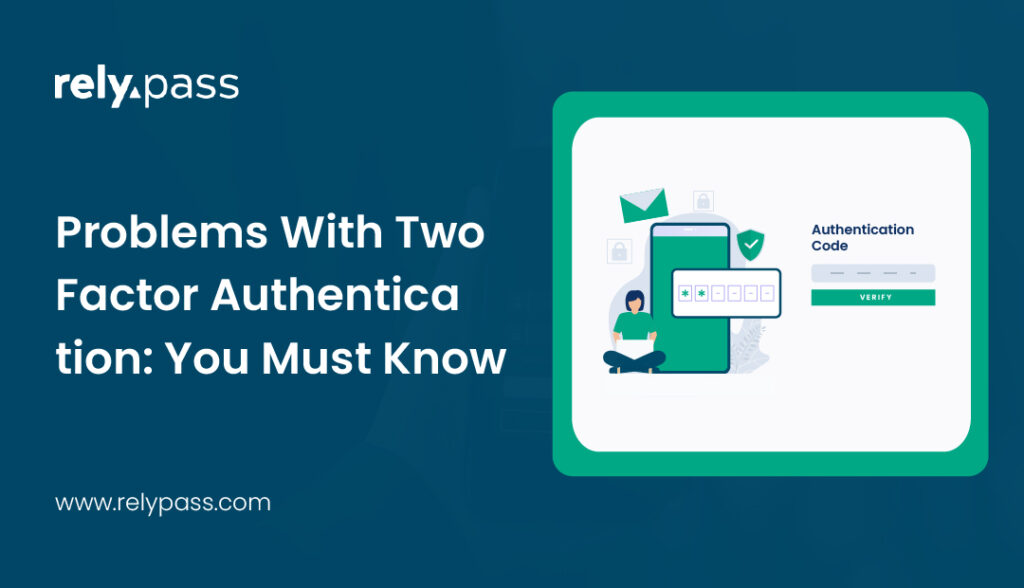
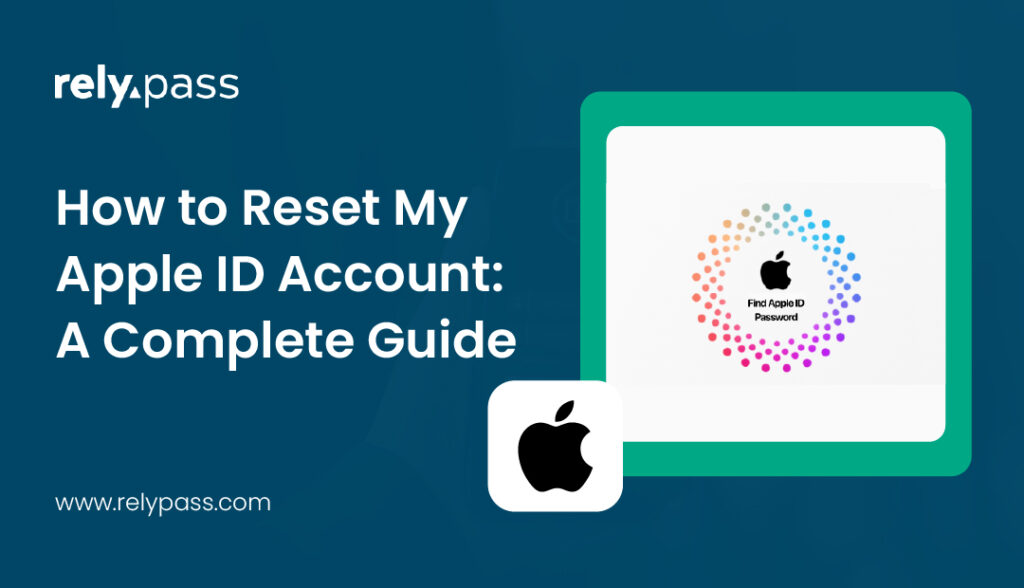
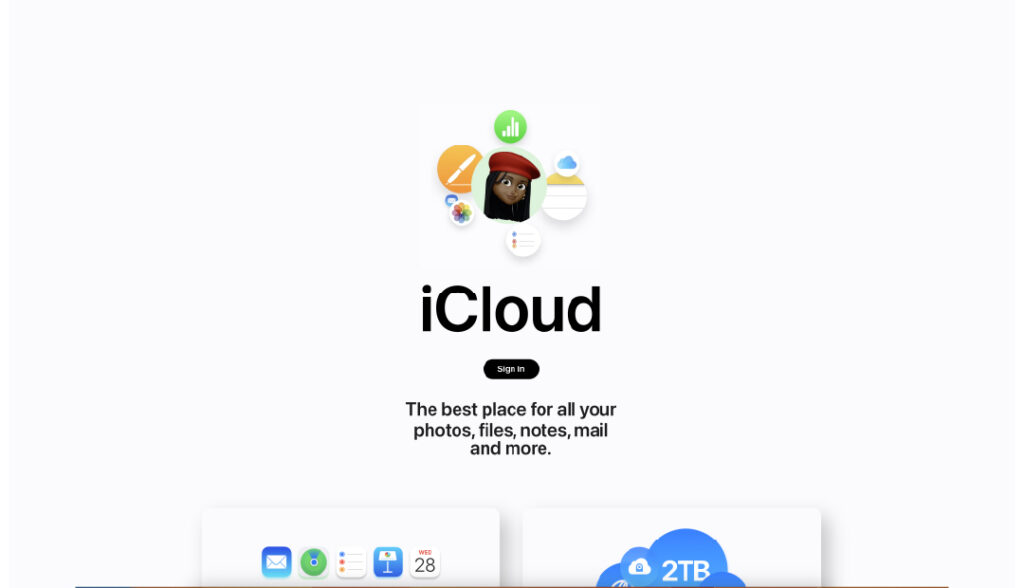
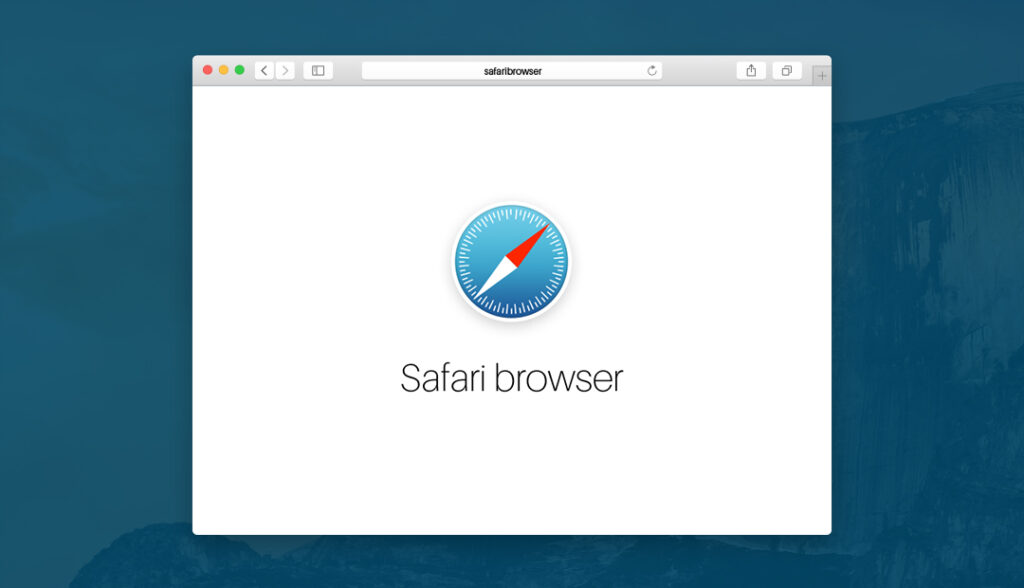


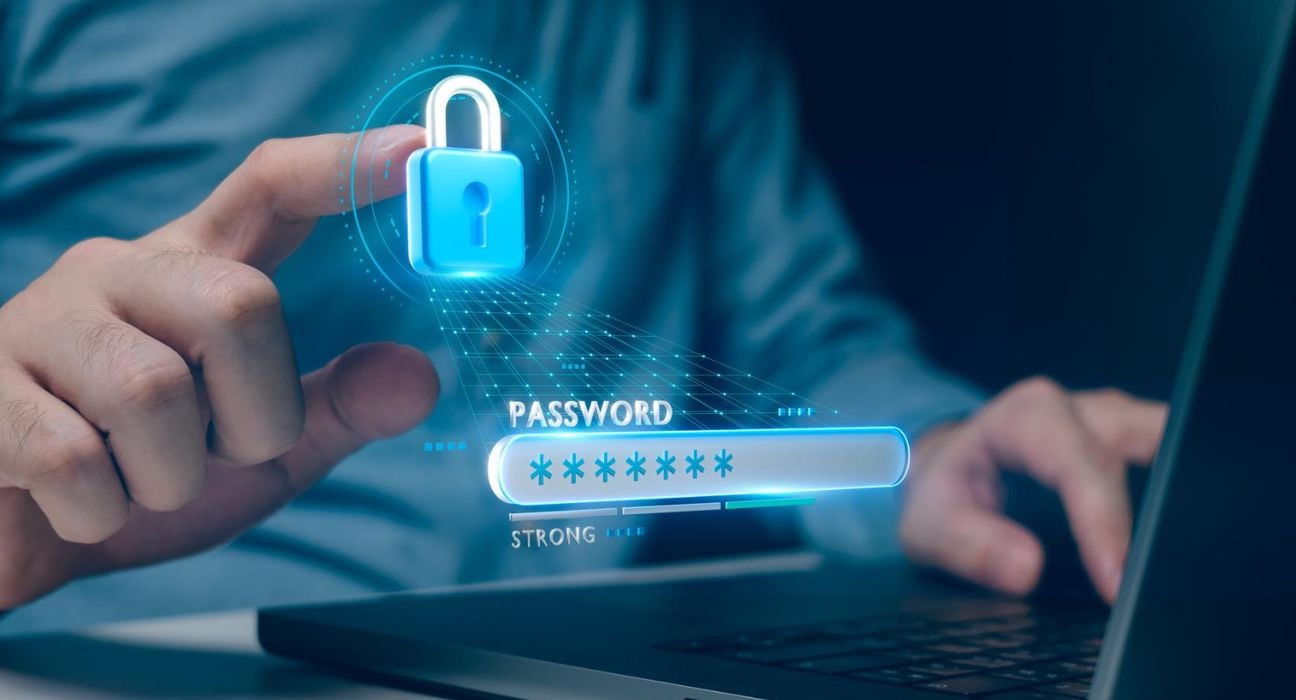

The Importance of Unique Passwords and How to Avoid Phishing Attack - RelyPass
December 20, 2023[…] Read The Danger of Password Sharing Risks and Alternatives […]
Password Protection 101: 10 Bad Habits to Avoid - RelyPass
December 20, 2023[…] sharing passwords with others: Sharing passwords, even with trusted individuals, exposes your accounts to unnecessary risk. It is always best to […]
What Would a Password Manager Allow You to Do? - RelyPas
December 20, 2023[…] Password Sharing: Need to share a Netflix password securely with your partner ? A password manager lets you do this […]